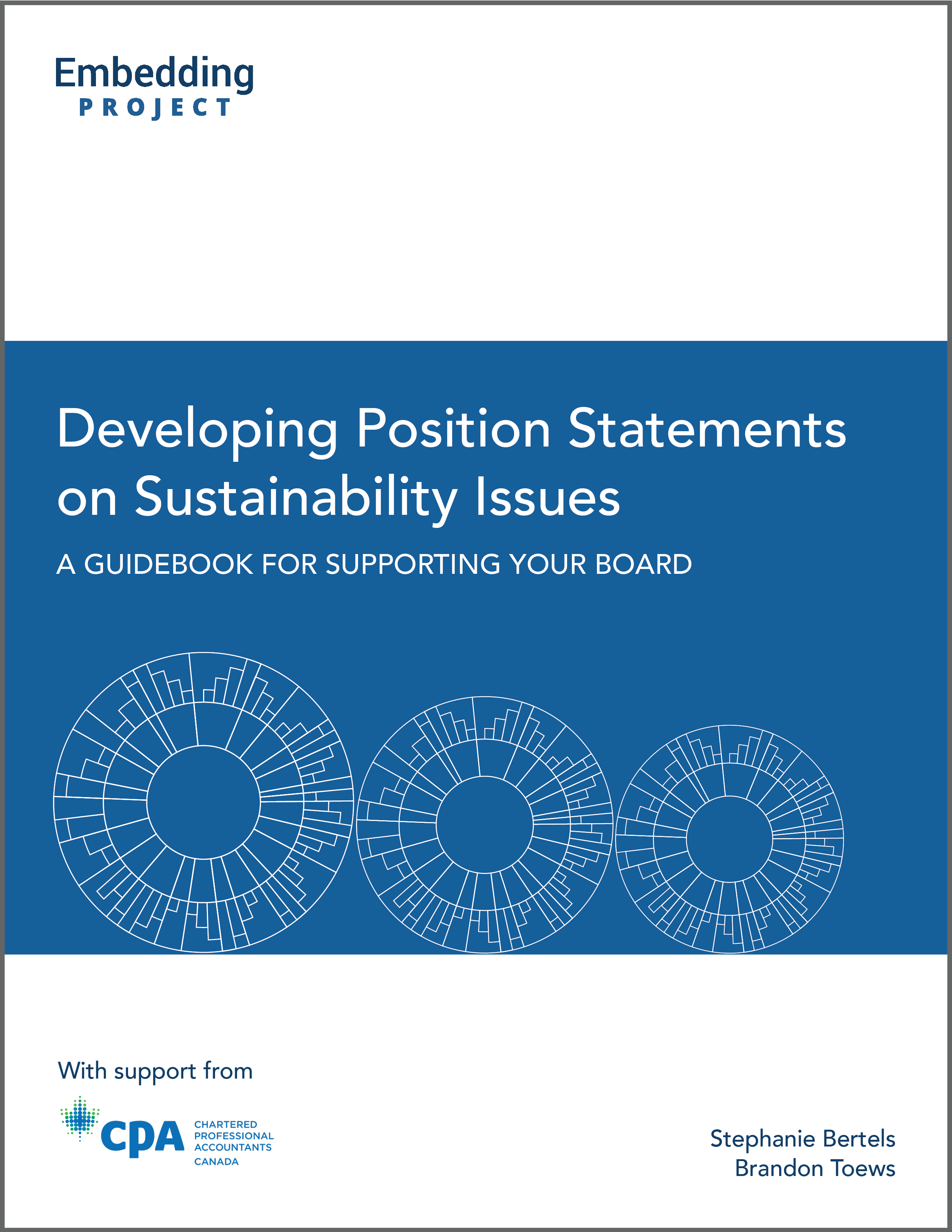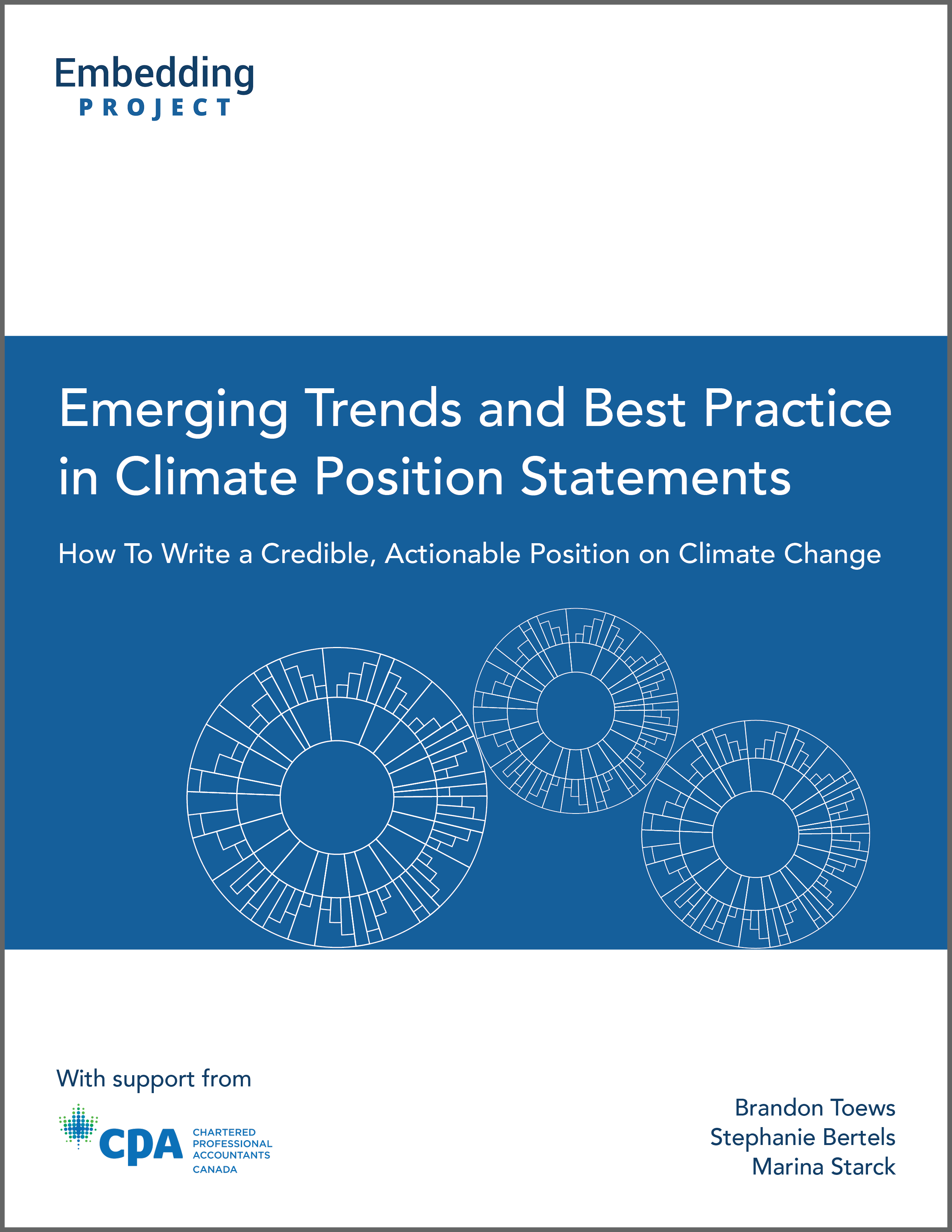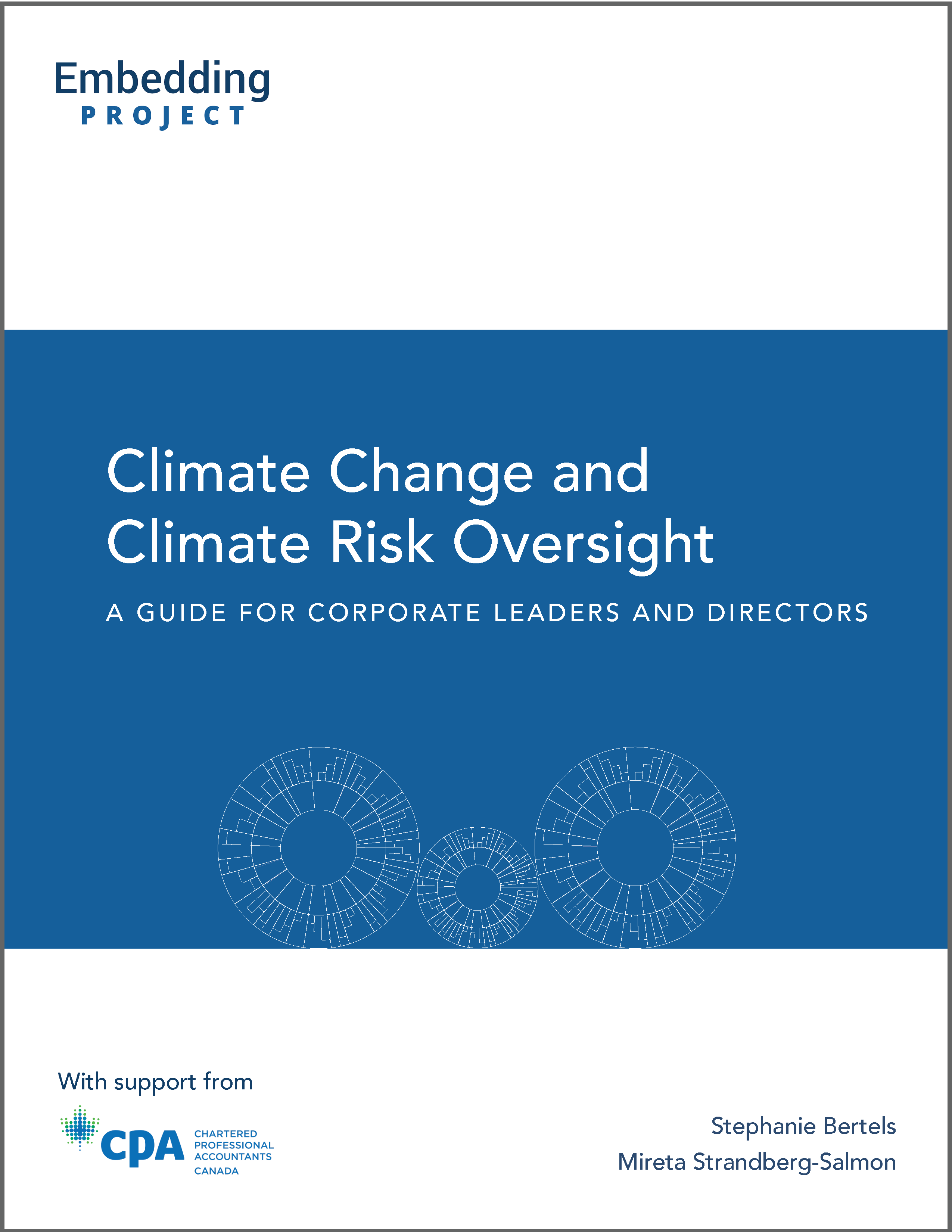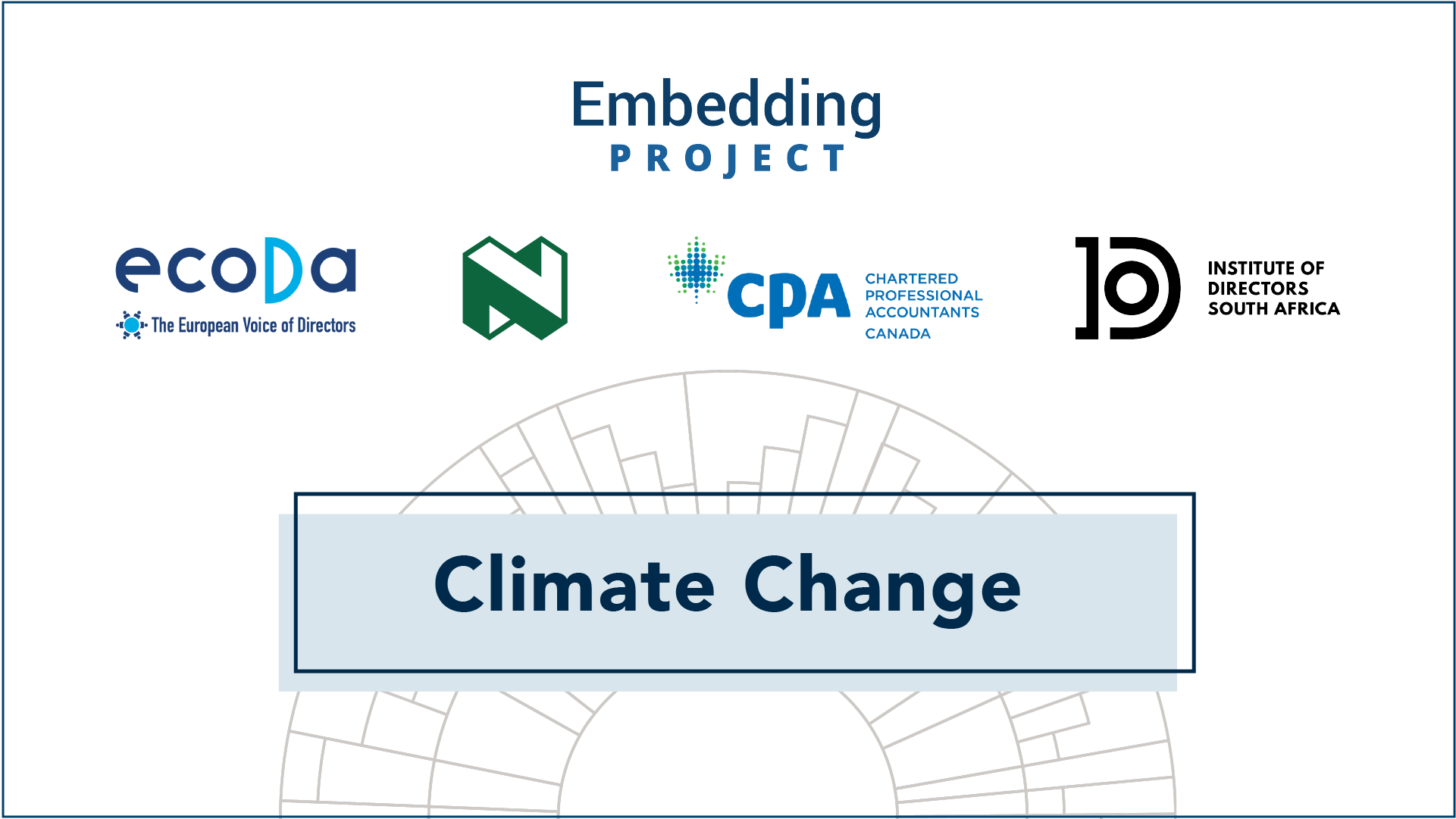Governance
Share these Resources on:LinkedIn
Position Database
Is your company interested in taking a public position on an ESG issue?
To help companies develop strong, clear positions, we will maintain a public database containing leading positions articulated by large companies globally.
Our governance guide outlines how companies should articulate their positions, and we have applied this criteria to the positions featured in this database.
Taking a Credible Position on Nature
There is growing pressure on companies to publicly acknowledge the unprecedented nature loss we face, and what they plan to do to address it. To help them do so, we reviewed over 1,000 statements on nature loss, biodiversity, and ecosystem stewardship from a wide range of geographies and industries, and identified examples of how companies are explaining the issue of nature loss, linking the issue of nature loss to their strategy, and clarifying their commitments to protect and restore nature. We hope this guide is helpful to you in articulating your own credible position statement on protecting and restoring nature.
Developing Position Statements on Sustainability Issues
There is growing pressure among companies to link social and environmental limits to corporate strategy and goal-setting. However, the result is often a lengthy document that fails to make strategic connections between specific issues and their implications on business decision-making. We developed this guidebook to help you articulate a concise and transparent board level position on key environmental, social, and governance issues. Drawing upon in-depth analyses of over 4,000 board position statements; over 200 interviews with CEOs, directors, and board chairs; and concepts outlined in our series on the Road to Context, this guidebook provides a checklist for crafting a contextual board position statement and includes examples from a range of industries and global settings.
Emerging Trends and Best Practice in Climate Position Statements
Climate change is happening, and the impacts are intensifying. Companies are expected to take a position on climate change and outline an appropriate response. The Embedding Project’s climate position guide helps companies to articulate a concise and transparent board level position on climate change. Drawing on in-depth analyses of over 2,600 climate position statements, this guidebook provides a checklist for crafting a climate position statement with concrete examples from a range of industries and global settings.
Climate Change and Climate Risk Oversight
Climate change is a planetary emergency that presents severe risks to businesses, society, and the global economy. No business, regardless of the sector, is immune – and businesses around the world have a key role to play to help avoid the worst impacts. This guide will help you understand the science behind climate change, why climate change matters to your business, and what actions your business can take to accelerate the transition to a net-zero, climate-resilient future.
Climate Risk Oversight for Directors
This 4-part video series will help corporate directors and leaders understand the risks of climate change and their role and fiduciary responsibilities to oversee these risks. We have also created videos specific to the Canadian and South African context.




